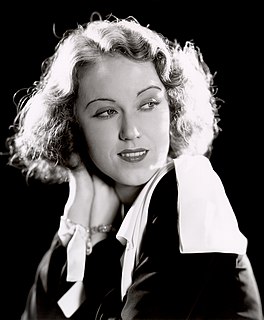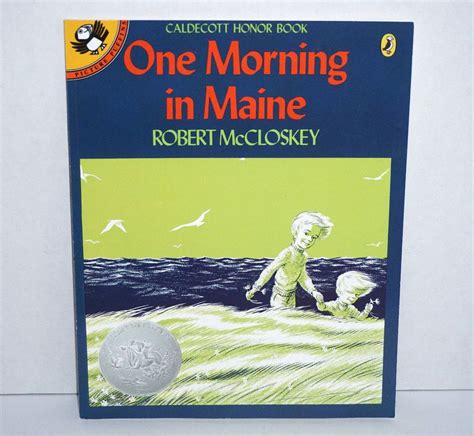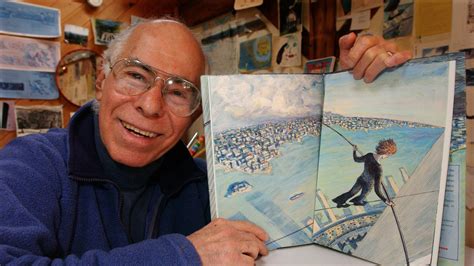A Quote by May Sarton
I loved them all the way one loves at any age -- if it's real at all -- obsessively, painfully, with wild exultation, with guilt, with conflict; I wrote poems to and about them, I put them into novels (disguised of course); I brooded upon why they were as they were, so often maddening don't you know? I wrote them ridiculous letters. I lived with their faces. I knew their every gesture by heart. I stalked them like wild animals. I studied them as if they were maps of the world -- and in a way I suppose they were.
Related Quotes
And there were other rocks that were like animals, creeping, horrible animals, putting out their tongues, and others were like words I could not say, and others like dead people lying on the grass. I went on among them, though they frightened me, and my heart was full of wicked song they put into it; and I wanted to make faces and twist myself about the way they did, and I went on and on a long way till at last I liked the rocks and they didn’t frighten me any more
Besides, I'd seen a really nice pair of shoes yesterday in the mall and I wanted them for my own. I can't describe the feeling of immediate familiarity that rushed between us. The moment I clapped eyes on them I felt like I already owned them. I could only suppose that we were together in a former life. That they were my shoes when I was a serving maid in medieval Britain or when I was a princess in ancient Egypt. Or perhaps they were the princess and I was the shoes. Who's to know? Either way I knew that we were meant to be together.
Grandad taught me that the alien signs and symbols of algebraic equations were not just marks on paper. They were not flat. They were three-dimensional, and you could approach them from different directions, look at them from different ways, stand them on their heads. You could take them apart and put them back together in a variety of shapes, like Legos. I stopped being scared of them.
"Only write what you know" is very good advice. I do my best to stick to it. I wrote about gods and dreams and America because I knew about them. And I wrote about what it's like to wander into Faerie because I knew about that. I wrote about living underneath London because I knew about that too. And I put people into the stories because I knew them: the ones with pumpkins for heads, and the serial killers with eyes for teeth, and the little chocolate people filled with raspberry cream and the rest of them.
Both Socrates and Jesus were outstanding teachers; both of them urged and practiced great simplicity of life; both were regarded as traitors to the religion of their community; neither of them wrote anything; both of them were executed; and both have become the subject of traditions that are difficult or impossible to harmonize.
I knew I had found my life's passion after writing my first column for The Washington Post. The response was like nothing we had seen in the business section. Everyday people were writing that finally someone was speaking to them in a way that was understandable. I think we were all shocked at how many readers wrote in to say that they too had a Big Mama who taught them about money.
Hear and attend and listen; for this is what befell and be-happened and became and was, O my Best Beloved, when the Tame animals were wild. The dog was wild, and the Horse was wild, and the Cow was wild, and the Sheep was wild, and the Pig was wild -as wild as wild could be - and they walked in the Wet Wild Woods by their wild lones. But the wildest of all the wild animals was the Cat. He walked by himself and all places were alike to him
Well, 9/11 made me think about the towers, and the fact that I lived in New York for a long time, while they were being built. In fact, I had a studio that was ripped out, along with the whole neighborhood, to put the towers in. I saw them go up. I lived with them, running past them in the morning. And they were like part of my furniture.
The Three of them were beautiful, in the way all girls of that age are beautiful. It can't be helped, that sort of beauty, nor can it be conserved; it's a freshness, a plumpness of the cells, that's unearned and temporary, and that nothing can replicate. None of them was satisfied with it, however; already they were making attempts to alter themselves into some impossible, imaginary mould, plucking and pencilling away at their faces. I didn't blame them, having done the same once myself.






































